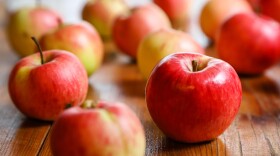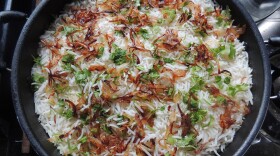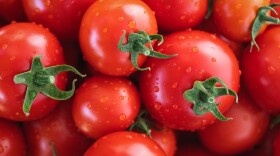Tammy Proctor
Eating the Past HostTammy Proctor is a specialist in European history, gender, war, and youth. Dr. Proctor has written about Scouting, women spies and the way war affects the lives of ordinary people. Currently she is writing a book on American food relief to Europe during and after World War I. She has worked at Utah State University since 2013 and is a native of Kansas City, Missouri.
-
This week Eating the Past hosts continue their conversation on holiday foods they dislike, including egg nog, shrimp cocktail, and oyster stuffing.
-
This week the hosts continue sharing some of their favorite seasonal spices including cardamom, marjoram, and speculoos spice blend.
-
This week all of the hosts celebrate the season by sharing some of their favorite seasonal spices.
-
It's the season to cook apples! Host Tammy Proctor shares a spiced apple recipe that was a staple in her house growing up.
-
Host Tammy Proctor continues her exploration of Armenian spices, including one of the herbs Dr. Michelle Tusan associates most with Armenian food.
-
This week Tammy Proctor continues this season's spicy theme exploring Armenian herbs and spices. She'll talk with Dr. Michelle Tusan from the University of Nevada, Las Vegas about her connection to this particular food way.
-
Eating the Past hosts kick off a new season with an introduction into this year's theme: spicy! Tune in each week for a look at how spices, herbs, and flavorings have enhanced our food and sometimes changed our world.
-
Join in on the fun on this week's episode as host Evelyn Funda challenges her Eating the Past co-hosts with another food quiz featuringPresidential comfort foods.
-
Join in on the fun on this week's episode as host Evelyn Funda challenges her Eating the Past co-hosts with another food quiz featuring comfort foods of historical figures.
-
It’s tomato time in Cache Valley, and as we continue our exploration of comfort foods, I decided to look into the history of this fruit that features in so many of our most beloved comfort foods.











